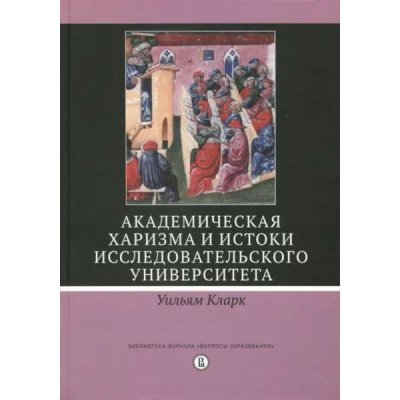Akademicheskaya harizma i istoki issledovatelskogo universiteta
Tracing the transformation of early modern scientists into modern researchers, the author uses the history of the university and Weber's idea of "Protestant ethics" in order to offer a new perspective on the conditions of knowledge production in the modern world. Clark argues that the research university, which originated in Protestant Germany and spread throughout the world in the 19th and 20th centuries, arose in response to the demands of the market and bureaucracy, giving rise to a new type of scientist whose goal was the originality of scientific research and the achievement of fame through publications. The author considers the origin and evolution of the integral components of academic life: the catalog of lecture courses, the library catalog, the grading system, oral and written examinations, the role of conversation and written work in seminars, writing and oral defense of a doctoral dissertation, reviews and rumors. This comprehensive book is a must-read for every scientist.
No reviews found




































